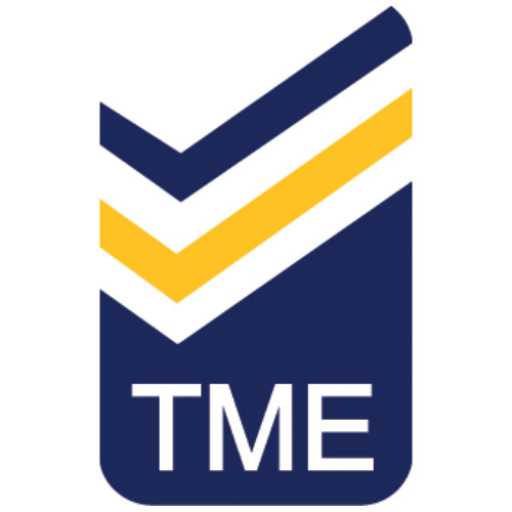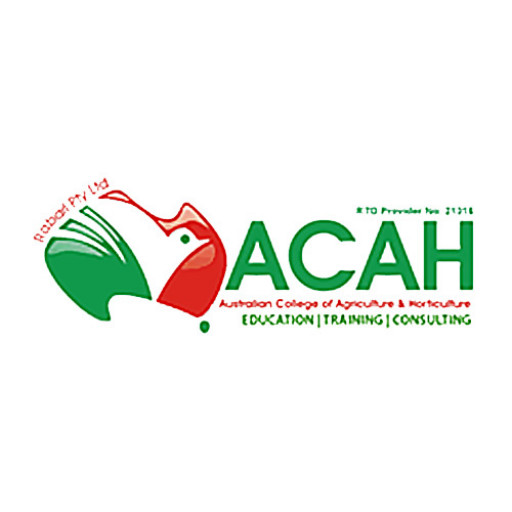Photos of university / #uniofeastanglia
Landscape History at the University of East Anglia offers a comprehensive exploration of the historical development of landscapes, emphasizing the cultural, environmental, and socio-economic factors that have shaped the physical environment over time. This undergraduate program is designed for students who are passionate about understanding how historical processes influence contemporary landscapes, and it provides a multidisciplinary approach combining history, geography, archaeology, and environmental studies. Throughout the course, students will examine various landscape types, including rural, urban, and industrial environments, and investigate topics such as land use change, conservation, heritage management, and the impact of human activity on the natural world. The program provides a strong foundation in research and analytical skills, enabling students to interpret historical sources, conduct fieldwork, and contribute to debates on landscape management and preservation. Students will benefit from the university’s excellent facilities, including access to historic sites, GIS laboratories, and archives, which support practical learning and research projects. The program also offers opportunities for placements and collaborative projects with local planning authorities, heritage organizations, and environmental agencies, providing vital real-world experience. Graduates from the Landscape History program will be well-equipped for careers in heritage management, planning, environmental consultancy, archaeology, and academic research. The university’s supportive academic staff, combined with a vibrant student community, ensures a stimulating learning environment focused on preparing students for diverse professional pathways. Whether your interest lies in protecting historical landscapes, studying environmental change, or contributing to sustainable land use planning, the Landscape History program offers the skills, knowledge, and experiences necessary for a rewarding career in understanding and preserving the landscapes that shape our world.
Detailed Course Facts
Application deadline You are advised to apply as early as possible Tuition fee- EUR 10550 Year (EEA)
- EUR 14400 Year (Non-EEA)
UK/EU Students: £9,000. International Students: £12,300
Start date September 2015 Credits (ECTS) 180 ECTSDuration full-time 36 months Languages Take an IELTS test
- English
Course Content
Year 1
You will take a range of introductory modules within the School of History.
Year 2
During this year you will take six modules. There are four compulsory and you can choose two optional ones. You will learn about the general development of the English landscape from prehistoric times up until the sixteenth century, focusing on the legacy of prehistoric and Roman societies, the changing character of castles, parks, parish churches, the development of towns and villages, and the formation and management of fields, marshes, moors, heaths and ancient woods.
Year 3
Your final year is built around the Landscape Special Subject, a year-long course covering the development of the British landscape since 1500, and focusing on such matters as country houses and their grounds, enclosure and the changing rural environment, and the industrialisation of Britain. Alongside this you will take two further modules, chosen out of three. You may write a dissertation, based on original research; undertake a weeks training in the field, learning how to plan and interpret an archaeological site; or go on a work placement with a leading heritage organisation. In recent years students have worked with the National Trust, Norwich Castle Museum and the Peak District National Park Authority.
Assessment
Key skills, issues and ideas are introduced in lectures given by all members of faculty. More specialist study is undertaken in small group seminars. These are chosen from a range offered within the School and across the University. You will also spend time studying and researching in the library or carrying out practical work or projects. In most subject areas, you are assessed at the end of each year on the basis of coursework and, in some cases, project and examination results. In your final year, you will write a dissertation on a topic of your choice and with the advice of tutors. There is no final examination. Your final degree result is determined by the marks you receive in years two and three.
English Language Requirements
IELTS band : 6.5 TOEFL iBT® test : 88
To study at this university, you have to speak English. We advice you to
take an IELTS test. More About IELTSRequirements
Students for whom English is a Foreign language
We welcome applications from students from all academic backgrounds. We require evidence of proficiency in English (including writing, speaking, listening and reading). Recognised English Language qualifications include:
- IELTS: 6.5 overall (minimum 6.0 in Reading and Writing with no less than 5.5 in any component)
- TOEFL: Internet-based score of 88 overall (minimum 20 in Reading and Speaking components, 19 in Writing component and 17 in Listening components.
- PTE: 62 overall (minimum 55 in Reading and Writing components with no less than 51 in any component).
If you do not meet the University's entry requirements, our INTO Language Learning Centre offers a range of university preparation courses to help you develop the high level of academic and English skills necessary for successful undergraduate study.
Interviews
The majority of candidates will not be called for an interview. However, for some students an interview will be requested. These are normally quite informal and generally cover topics such as your current studies, reasons for choosing the course and your personal interests and extra-curricular activities.
Students will have the opportunity to meet with an academic on a Visit Day in order to gain a deeper insight into the course(s) you have applied for.
Gap Year
We welcome applications from students who have already taken or intend to take a gap year.
We also welcome applications for deferred entry, believing that a year between school and university can be of substantial benefit. You are advised to indicate your reason for wishing to defer entry and may wish to contact the appropriate Admissions Office directly to discuss this further.
Special Entry Requirements
Applicants are required to have a grade B or above in A Level History (or equivalent qualification).Intakes
The School's annual intake is in September of each year.
Alternative Qualifications
If you have alternative qualifications that have not been mentioned above, then please contact university directly for further information.
GCSE Offer
Students are required have GCSE Mathematics and GCSE English Language at Grade C or above.
Work Experience
No work experience is required.
Related Scholarships*
- Academic Excellence Scholarship
"The Academic Excellence Scholarship can provide up to a 50 % reduction in tuition per semester. These scholarships will be renewed if the student maintains superior academic performance during each semester of their 3-year Bachelor programme. The scholarship will be directly applied to the student’s tuition fees."
- Access Bursary
Bursary for UK students all subjects where the variable tuition fee rate is payable.
- Alumni Bursary
Alumni Bursary for UK Undergraduate students
* The scholarships shown on this page are suggestions first and foremost. They could be offered by other organisations than University of East Anglia.
Landscape History at the University of East Anglia is a distinctive program designed to provide students with a comprehensive understanding of the historical development of the landscape, including environmental, cultural, and social aspects. The course combines theoretical knowledge with practical skills, enabling students to analyze and interpret historical landscapes using a variety of methodologies. Throughout the program, students engage with a broad spectrum of topics such as the evolution of rural and urban spaces, heritage conservation, and the impact of human activity on the environment over different periods.
The curriculum covers key periods in landscape history, from prehistoric times through to the modern era, and emphasizes the importance of interdisciplinary approaches by integrating archaeology, environmental history, geography, and cultural studies. Students have access to a range of learning resources, including archives, fieldwork opportunities, and digital mapping tools, facilitating a hands-on approach to understanding landscape change.
The program also encourages critical thinking about current landscape management practices, addressing issues related to sustainability, urban planning, and heritage preservation. Graduates of Landscape History gain skills highly valued in careers related to heritage organizations, planning agencies, environmental consultancy, and cultural resource management. The university provides excellent support for students, including access to dedicated research facilities and expert faculty with extensive experience in the field.
Typically, the program duration is three years for an undergraduate degree or one year for a master's qualification. Students can choose to specialize in particular areas such as historic parks, rural landscapes, or urban environments, tailoring their education to their specific interests and career aspirations. The University of East Anglia's strong links with local and national heritage organizations offer students valuable networking opportunities and practical experience. Overall, the program aims to cultivate a deep appreciation of landscape heritage, fostering skills that combine academic research with practical application in professional contexts.





